Whether you’re teaching early learners, primary-aged kids or high school students, there are plenty of science apps that can help support your classroom. Here’s just some that have caught our eye this year!
Quiver – Augmented reality app
This AR app has really grabbed our attention! Quiver has a large library of black & white masters that students can colour-in and then use their device to augment that drawing in 3D… complete with animations! From volcanos erupting to looking inside an animal cell, there’s plenty here for students to check out.
Below are links to the education version:
Also available on Amazon
Beaker
This is such a cool app by Thix! With this app, you pretend that your iPad or Android device is the beaker where you are doing the chemical reactions! Highly engaging for students, not only do the chemicals slosh back and forth in your ‘beaker’ (choose from 150 elements), you can add heat, ice, filter the mix, blend the mix or even ‘pour’ your mix from one device to another device!
Add to this balanced equations plus molarity changes in real time and you’ve got yourself a very powerful chemistry learning tool!
The Waterbug App
This environmental app is very handy when it comes to helping you identify insect larvae and other crawly critters that you can find when taking water samples in freshwater ecosystems around south-eastern Australia. Very handy for quick identification, this app helps you key out specimens by showing you typical outlines of a variety of benthic organisms as well as a gallery of common specimens.
Whilst the app has been designed specifically for south-eastern Australian waterways, the app could be used to help supplement some of the initial keying out of orders & families of specimens no matter where you are.
SciJournal
Data logging by Google that uses the sensors in your phone or tablet to perform experiments! Record sound levels, magnetism, light levels, acceleration and much more. Well supported by the Google development team, this app’s popularity is growing amongst educators and as such so are the library of lesson plans that utilise this app. Very handy!
Redmap
Citizen science comes to the coastline! Record your observations of marine species around Australian to help scientists understand the population changes and underlying ecology of marine ecosystems.
What does Redmap stand for?
Range Extension Database & Mapping Project…. fair enough!
FrogID
Keeping the theme of citizen science going, the Australian Museum’s FrogID app allows you to record potential frog calls and send them through to scientists to identify in your area. This citizen science app has really become quite popular and has helped ecologists further define distributions of frogs across Australia.
Plague
The Plague app is a bit controversial in an educational context. However, given the central premise that epidemics and pandemics have occurred and with globalisation & rapid transport systems they are likely to occur again, perhaps using this incredibly popular app to teach about how disease can spread could well be the engagement tool you need. The premise of the app is simple; from patient-zero you guide a bacterium, virus, prion, fungus or parasite to spread throughout the world and ultimately kill the world’s population. Yes, a very dark subject for school… yet understanding disease spread is a specific requirement in high school biology. Knowing that you can remove sound (you don’t need it) and that the visuals are simply a map & graphs showing disease spread is very handy; whilst in the game you can rapidly simulate the effect of making a pathogen become airborne, change it’s DNA to become heat resistant, allow it to be carried by a vector and much more.
With some careful planning on lesson delivery and knowing your student’s background, you could use this app as teacher-led discussion on disease-types, the importance of quarantine and hygiene plus factors that impact the virulence and impact upon human populations. Test the app prior to student use and chat with your colleagues to determine if this app is suitable for your learners. Well worth looking at, just do your own due diligence first.
WWF Free Rivers
This augmented reality app is interesting, whereby students can use this app to explore how landscapes & populations depend on flowing rivers. Students can look at the effect of placing a dam in the river as well as looking at how to balance the economic demands of the river with the needs of the environment. Worth a look!
Flipgrid
This app is more a tool where you can flip your science classroom. Think of Flipgrid as a collection of videos on a screen, whereby you (or your students) create the topic and then you invite students to submit their responses to that topic via video. This simple idea means that you can collate your student’s thoughts around a topic, get them to create a series of videos as a learning diary, have a series of researchers respond to a student question… whatever you like! It all comes down to your creativity but there’s a very good reason that Flipgrid has exploded in popularity amongst educators.
Complete Anatomy
With brilliantly rendered 3D visuals with interactive labelling and content, this human biology app is certainly one to have in mind when you embark on this topic again in your classroom. There are also embedded courses as well an augmented reality mode too!
NASA
A list of science education apps would not be complete without the stars! The NASA app is a gateway to a huge variety of content; check out launches streamed straight to you, view live images from the ISS, discover information about upcoming missions, view astronomical imagery in high resolution and much more. If you combine this app with other space science apps we’ve listed in previous blogs, you’ll be well equipped to introduce the students to the Universe!
Looking for more apps for your science classroom? Check some more out here from last year!
Need help with getting edtech into your STEM classroom?
Have run a Science & Digital Tech teacher professional learning session at your school!
We all love a gadget and we most definitely use apps everyday. This module helps take advantage of our digital native’s curiosity as we explore the variety of helpful resources that can really make a difference when teaching students science in the classroom. We’ll look at how you can enhance learning with your resources already at hand, plus help with planning out what you can do to create Maker Spaces and more!
Learn how this fits into our primary school full day accelerator for teachers!
Happy teaching,
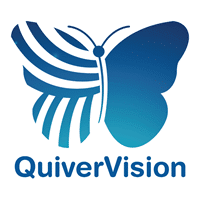
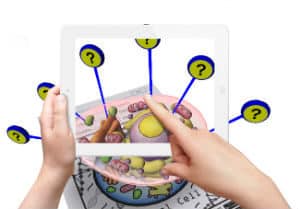

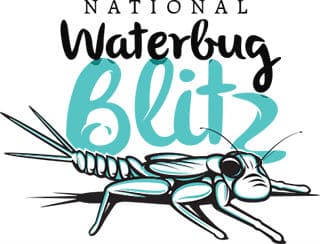
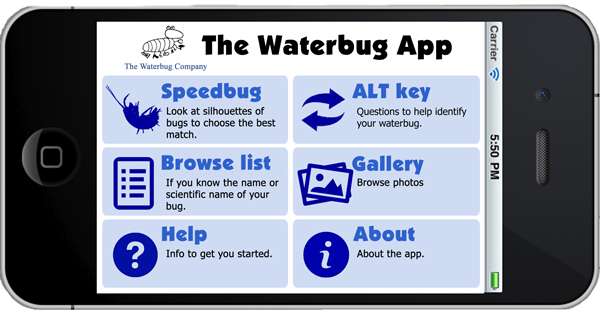
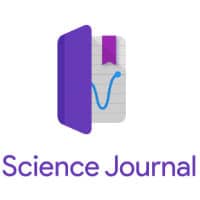
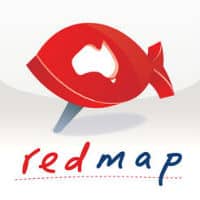
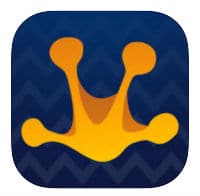
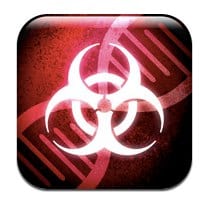

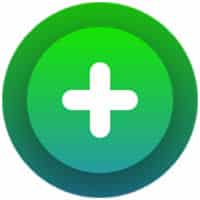
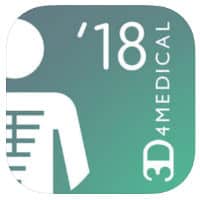
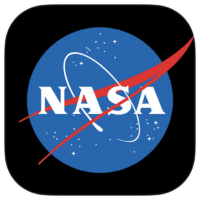
























Comments